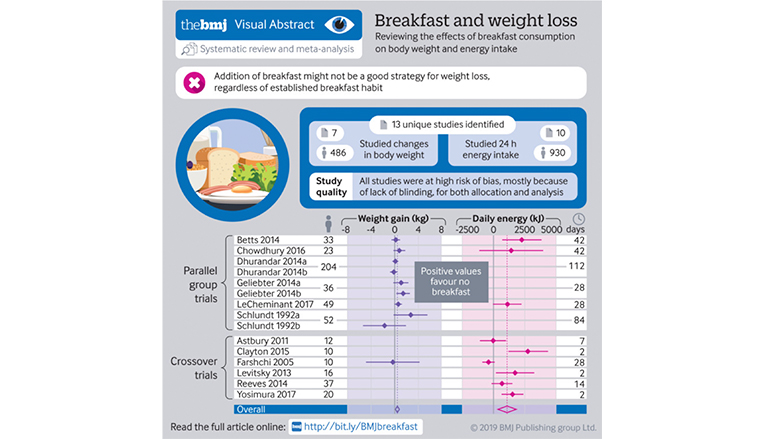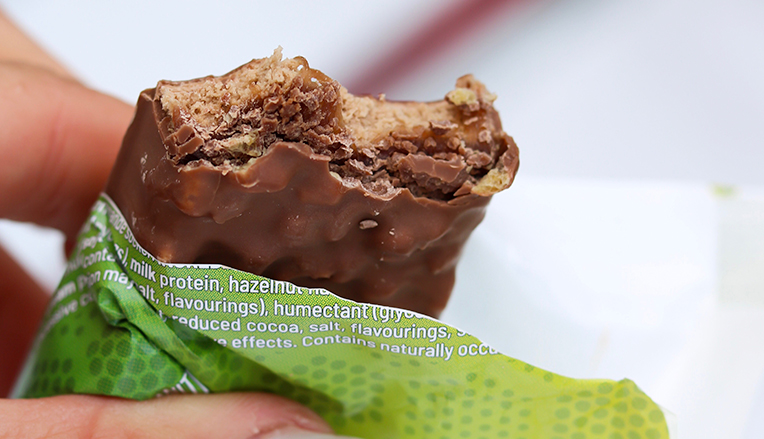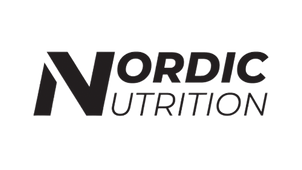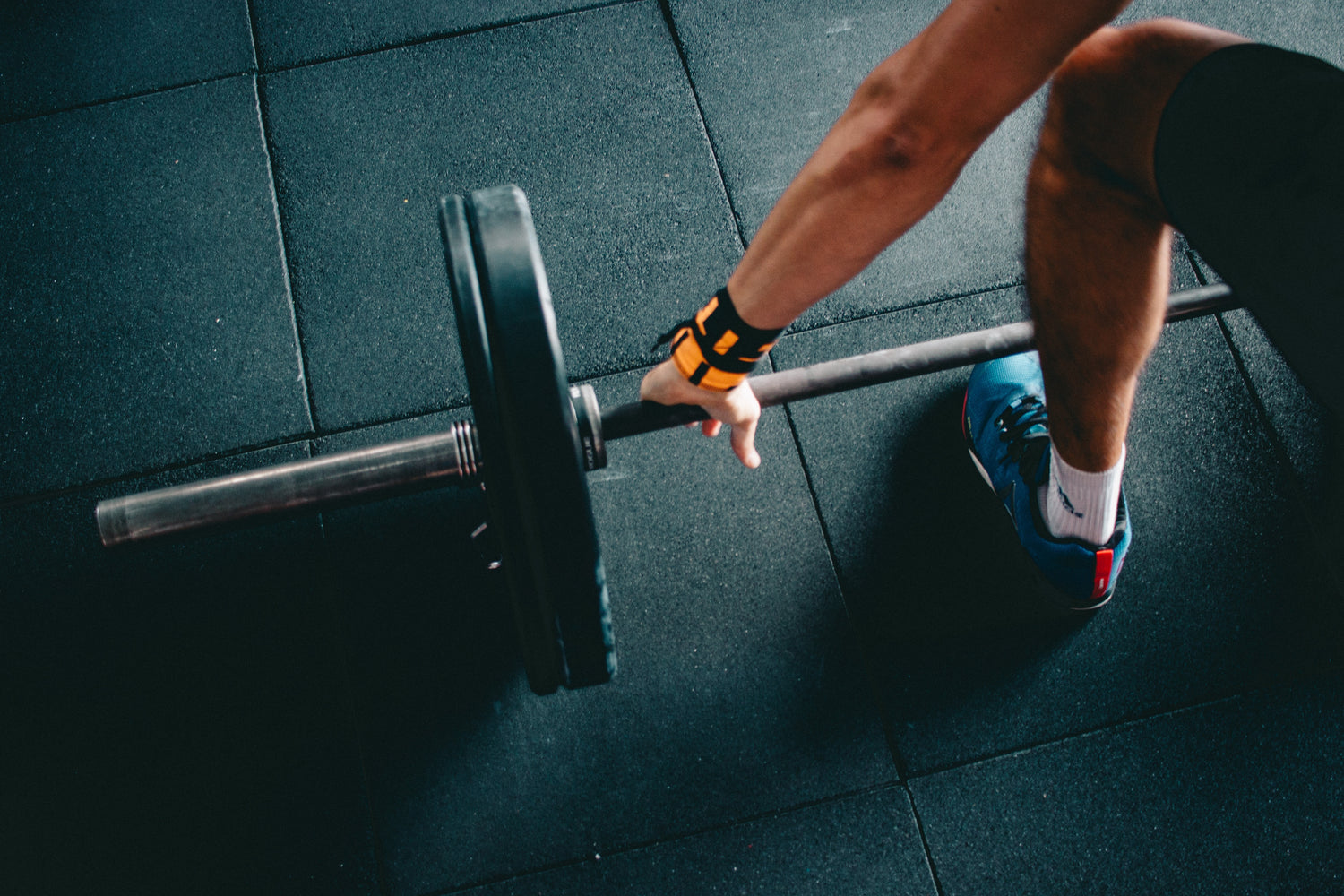Written by: Nikolaj Bach, BCs. Scient. Med.
If you want to lose weight or keep the weight off, do you have to skip breakfast?
You've probably heard that breakfast is the most important meal of the day and that it's unhealthy to skip breakfast. The argument is that if you do not eat breakfast, you will be so hungry that you will overeat later in the day - That's how you end up consuming more calories than you should.
People believe eating breakfast will start your engine and burn calories from the morning, and therefore easier to lose weight.
Weight loss is about the total energy balance - calories in vs. calories out. But is it true that you get to eat more calories when you do not eat breakfast? Will you get fat from skipping breakfast?
Several studies have been investigated, with slightly mixed results. Smaller studies, however, can rarely say very individually, and therefore one can merge their results into what is called a meta-analysis.
And it's high time someone did that, for breakfast studies. Thus, a meta-analysis has just been published in the acclaimed journal BMJ, which examines the importance of breakfast for weight and weight loss .
And the results speak for themselves:
It's not a good idea to skip breakfast. If anything, on the contrary.
Breakfast and calorie intake
The new study has made a systematic review of weight loss studies and, based on this, includes a total of 13 studies.
Out of these, 10 studies examined how it affected the subjects' total caloric intake over 24 hours when they either ate breakfast or skipped breakfast.
And these results contradict the idea that you eat more if you skip breakfast. On the contrary, the results showed that the subjects who ate breakfast on average ate ~ 260 kcal more throughout the day.
And a higher calorie intake is often associated with weight gain. And that was also the case in this study.

Breakfast and weight loss
In 7 of the studies, they also examined people's weight.
And here, they weighed on average 0.44 kg more after the trial periods, where they had to eat breakfast - but with significant variation between the studies, which lasted 2-16 weeks.
In other words, breakfast eating shows a slightly lower calorie intake and a slightly lower weight. The researchers have illustrated this with the figure below, which is an overview of the results of the studies.
As can be seen, most of the studies are at a positive value (to the right of zero). Even though there was significant variation between studies, most clearly pointed to people eating less when they skipped breakfast.
Eating breakfast does not increase your metabolism
So it's a myth that it's fattening to skip breakfast.
But what about the combustion? Is it not affected by breakfast either?
No. Thus, two of the studies in the meta-analysis looked at the overall thermal effect of food - that is, the energy we use to digest food. One study found a marginal difference of ~ 40 kcal per day (i.e., hardly any relevant difference), whereas the second study found no difference.
At the same time, four studies also examined the subjects' burns. And in none of the studies, there was any difference in metabolism depending on whether they ate breakfast.
In other words, no evidence eating breakfast boosts your metabolism.

The breakfast myth
So what I'm saying is that you shouldn't eat breakfast?
No, I'm not saying that. But I do say that it is not always a good idea to advise people to eat breakfast if they do not do so in advance. It's a myth that you're gaining weight by skipping breakfast.
If you are not hungry in the morning, waiting to eat your first meal is not fattening. But, on the other hand, it can be fattening if you force yourself to eat breakfast, even if you are full because then you have fewer calories to do well with later in the day and come more quickly in a calorie surplus.
Whether breakfast is important depends on the individual
Remember that you deal with averages in scientific studies and that there was significant variation in the reflections in the meta-analysis.
So if you are hungry in the morning, and like to start the day with a meal, then there is absolutely nothing wrong with eating breakfast. There's just nothing magical about breakfast, and it's not the most important meal of the day.
Instead, find out what works for you, and eat when you are hungry and in the way that most easily controls your calorie intake concerning your goal.
If you eat breakfast, however, it will generally be a good idea to make sure that there is both protein and dietary fiber (e.g., fruit, vegetables, or whole grains) in the meal to keep you full (see this review ) - just as it is in the other main meals.
Breakfast and muscle building
I have primarily talked about weight loss, but some readers will also be interested in building muscle. So what role does breakfast play here?
If you have to do hard strength training in the morning, it is probably optimal to have a meal first. A new study
thus shows reduced performance during strength training when the subjects had not eaten breakfast before - but the difference was minimal.
In addition, if the goal is muscle building, then it is probably a good idea to distribute your protein intake more or less evenly over the day to increase muscle protein synthesis as much as possible (read more in this review ). If that is the goal, then naturally one must start the day with a meal.

But the most important thing is the total protein intake, not its distribution. After all, plenty of trainees have had excellent results with intermittent fasting. I'm not hungry in the morning, so I skip breakfast, and it allows me to eat lots of food later in the day.
You have to allow yourself that kind of flexibility if you do not train at a very advanced level. And suppose you finally want to prioritize when it comes to protein distribution. In that case, it may be more important to consume protein before bedtime (after which it otherwise takes the longest time without nutrition), than in breakfast.





